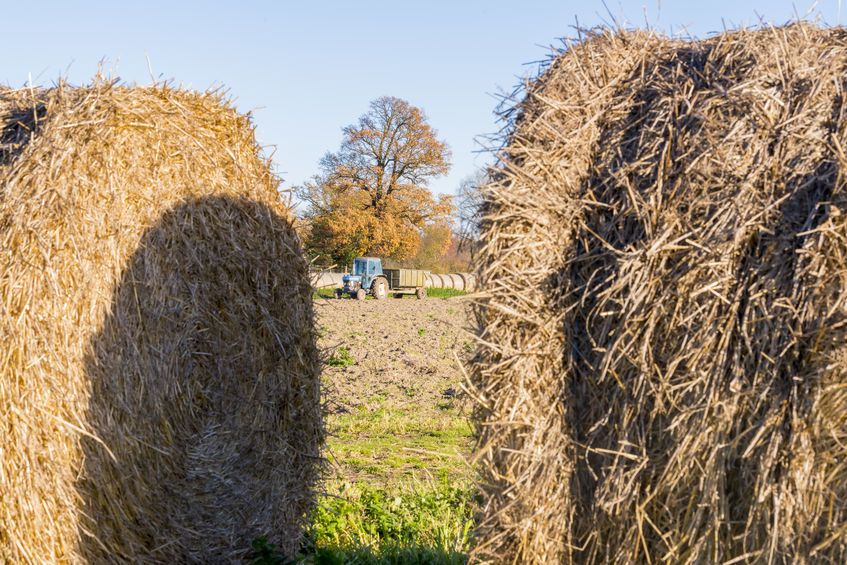
MPs have called on the Government to prioritise the development of co-operatives in farming as a means of creating a "more resilient" UK agricultural sector.
A Labour Party amendment to the Agricultural Bill made on Thursday (15 November) looks to provide grant and loan funding to co-operatives and place a new duty on the Defra Secretary to promote the sector’s expansion.
At present, more than 140,000 British farmers are members and co-owners of over 400 agricultural co-operatives, with a combined turnover of £7.7bn.
These organisations encompass all aspects of the supply chain from production to marketing, with profits either reinvested or returned to the farmer-owners.
With Britain’s withdrawal from the EU likely to result in market shocks that leave small-scale, independent farmers particularly exposed, the amendment’s backers argue an expansion in the co-operative sector is the best way to safeguard the viability of British farming over the long-term.
They argue that co-operatives already make a valuable contribution to UK agriculture by providing cost-savings, opportunities for farmers to share best practice and a means for them to retaining value throughout the supply chain.
'Fair and resilient'
Commenting ahead of the Bill Committee, Labour MP and Shadow Defra Secretary, David Drew said co-operatives will create a "fairer" sector.
“Labour’s commitment to doubling the size of the co-operative sector is particularly important in farming, where co-operative models are key to tackling the commercialisation of our countryside, creating a fairer and more resilient sector, and ensuring consumers get good value, good quality British food in supermarkets,” he said.
“This amendment puts a new duty on the government to promote and support co-operatives in British farming after Brexit.”
Andrew Barraclough, a dairy farmer in Cumbria who is one of Arla's 2,400 member-owners in the UK, said being a part of a co-operative means farmers receive a "fair price".
“Membership of a co-operative ensures that farmer owners receive a fair price and are helped to remain viable even in times of market uncertainty,” Mr Barraclough said.
“Membership of Arla brings with it practical support and advice, and being a co-operative ensures the profits the company generates are retained by the farmers and shared equally among its farmer owners both here in Britain and abroad.”
He added: “Steps to maintain and expand the role of co-operatives can only be a good thing for the long-term future of the agricultural economy in our country.”
Decline
However, the number of farmer co-operatives operating in the UK has fallen for the fifth consecutive year, down to 420 from a 2014 high of 445.
The number of farmer owners overall is also in decline, according to the Co-operative Economy published in June this year, with a drop of 2.6% to 142,999.
This trend is in stark contrast with the UK's European neighbours and important farming nations further afield.
The market share of the UK’s farming co-operatives, at just 6%, is a fraction of other European Union nations including Germany (45%) and France (55%).
